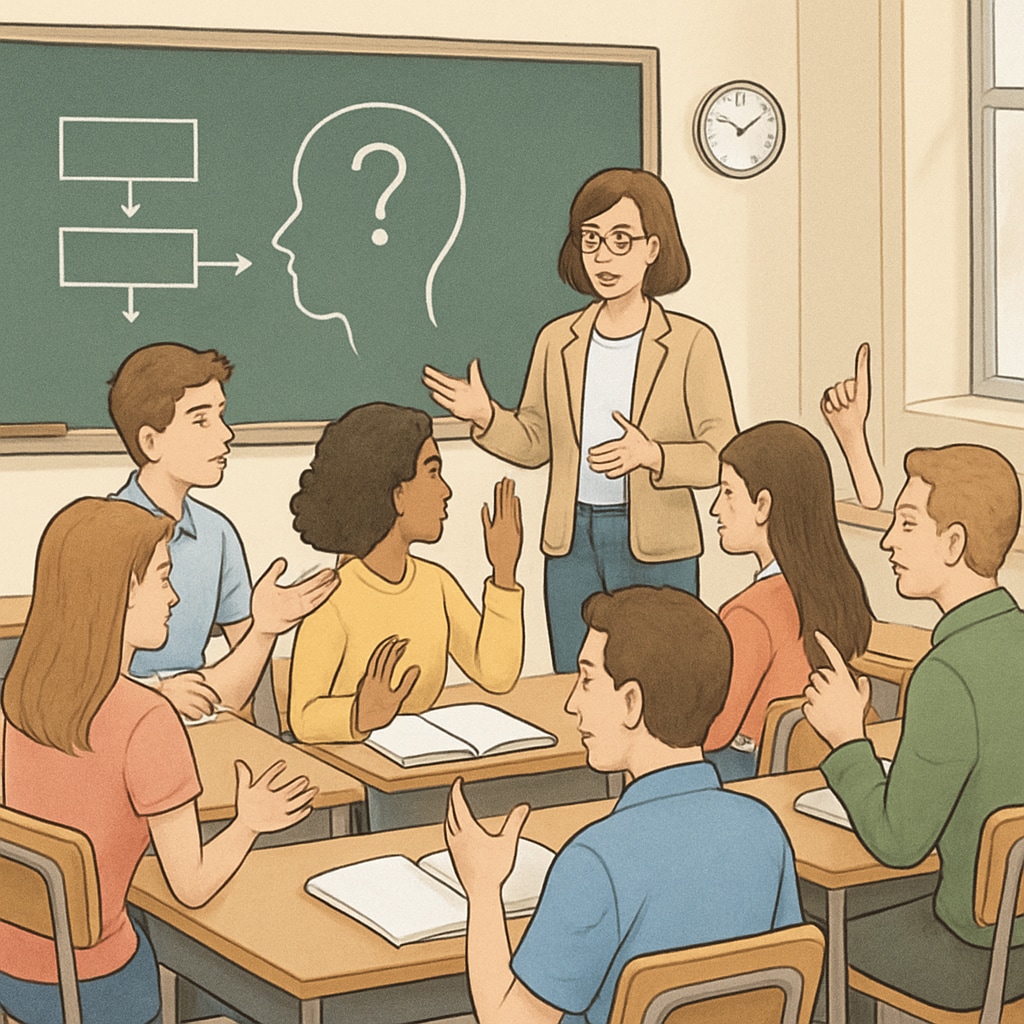Psychology, philosophy, and hobby learning can play a transformative role in K12 education by fostering self-awareness and critical thinking. These disciplines encourage young minds to explore questions about human behavior, ethics, and the nature of existence, enriching their intellectual journey beyond the classroom. In this article, we will explore practical strategies for introducing psychology and philosophy as hobbies during K12 education, offering resources and methods for parents and educators to guide students effectively.
Why Explore Psychology and Philosophy in K12 Education?
Incorporating psychology and philosophy as hobbies during the formative K12 years offers numerous benefits. These subjects teach students to examine their own thought processes, understand human behavior, and approach complex problems with analytical reasoning. For example, psychology can help students recognize emotions, build empathy, and improve interpersonal relationships. Meanwhile, philosophy introduces them to critical reasoning skills, ethical frameworks, and an appreciation for diverse perspectives.
As a result, students who engage with these subjects often develop stronger problem-solving abilities, emotional intelligence, and an ability to think deeply about the world around them—skills that are invaluable, both academically and personally.

Practical Strategies to Introduce Psychology and Philosophy as Hobbies
To nurture a love for psychology and philosophy as hobbies, educators and parents can take the following steps:
- Curate Age-Appropriate Resources: Select books, podcasts, or videos tailored to K12 students. For psychology, resources like Psychology on Britannica provide accessible insights into human behavior. For philosophy, introductory texts such as “The Philosophy Book” by DK offer simplified explanations of complex ideas.
- Encourage Reflective Journaling: Ask students to keep journals where they reflect on their thoughts, emotions, or philosophical questions. This practice can deepen their self-awareness and ability to articulate ideas.
- Facilitate Group Discussions: Organize small-group discussions where students debate philosophical dilemmas or analyze psychological phenomena. This not only builds communication skills but also fosters critical thinking.
- Introduce Thought Experiments: Present scenarios or dilemmas that require students to apply philosophical reasoning or psychological concepts. For example, engage them with moral dilemmas like the classic “trolley problem.”
Taking these proactive measures can spark curiosity and encourage students to explore these subjects independently as hobbies.

Recommended Resources for Hobby Learning
Here are some age-appropriate resources that can help K12 students dive into psychology and philosophy:
- Books: “The Psychology of Everyday Things” by Donald Norman (psychology), “Sophie’s World” by Jostein Gaarder (philosophy).
- Podcasts: “Hidden Brain” (psychology), “Philosophy Bites” (philosophy).
- Online Platforms: Websites like Philosophy on Wikipedia offer free, accessible content for beginners.
- Interactive Tools: Apps like “Simply Psychology” or “Daily Philosophy” provide engaging ways to explore key concepts.
By using these resources, students can cultivate their interest in psychology and philosophy outside of the classroom, making them lifelong learners in these fields.
Conclusion: Enriching Minds Beyond the Classroom
Introducing psychology and philosophy as hobbies during K12 education not only broadens students’ intellectual horizons but also equips them with tools for self-reflection, empathy, and critical thinking. By curating thoughtful resources, facilitating engaging discussions, and encouraging independent exploration, educators and parents can inspire young learners to delve into these fascinating subjects. As a result, students will not just excel academically but also develop a deeper understanding of themselves and the world around them.
Psychology and philosophy, as hobby learning endeavors, are gateways to lifelong intellectual enrichment—let’s help the next generation unlock their potential by exploring these powerful disciplines.


